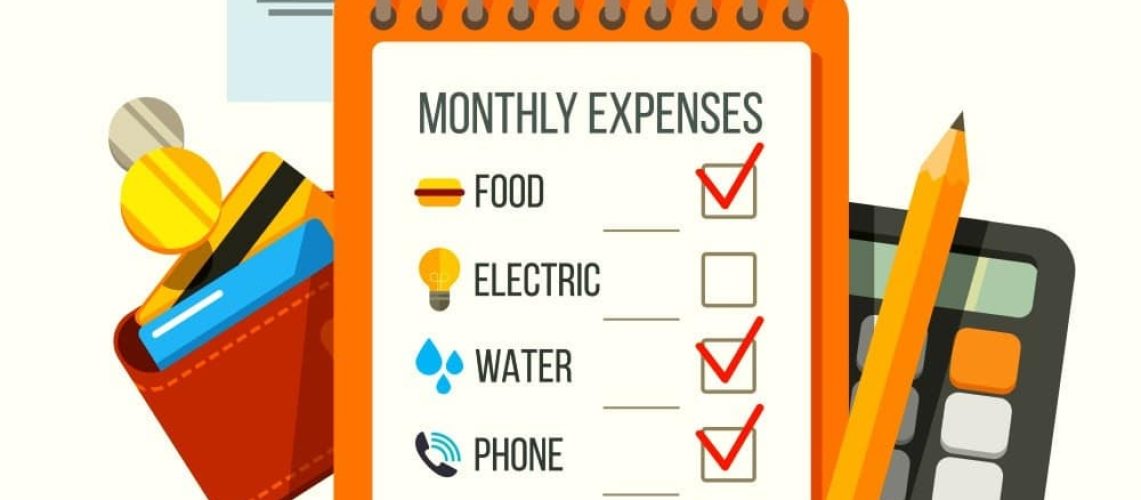I know. Tracking what you spend is no fun, but do you really need to track every single expense? The short answer is yes. But there’s more to it and it’s totally doable
Budgeting and keeping track of all expenses becomes more important when your margins are tight or when you have inconsistent income. It’s also important when you are just getting started on taking more control over your finances. It helps reveal blind spots and money leaks, which are areas where you spend way more than what you think. It also helps uncover potential areas for improvement.
When you first start working with a financial counselor, they will likely assign this task to you. Look at it as a great opportunity to fully expose your spending patterns and identify what’s working and what’s not.
Three Easy Ways To Track Your Expenses
There are several ways to track your expenses.
- Manual – You can use the trusty pen and paper. Carry a small book around and jot down every expenses as they occur. You can also use notes (or a similar option) on your smart phone. At the end of the week, tally those expenses and categorize them to see how much you’re spending and where.
- Spreadsheets – If you want to use your computer, there are tons of tracking templates you can use. Find one that works best for you and simply enter your expenses on a weekly basis. Download NYLAG’s free template here.
- Apps – Finally, there are many apps available that you can download onto your phone that will automate this practice. Some popular ones our clients use are mint.com, You Need a Budget, and Pocket Guard.
Come speak with a NYLAG financial counselor to see which works best for you.
Can I ever stop tracking?
Definitely. Once you feel like you have control over your finances and you’re making progress it may not be necessary to track every single expense, but you’ll still want to keep some sort of financial check-in to make sure things are going as planned.
Tracking is a very important step in taking back control over your finances. It’s a main component in managing your budget. Here at NYLAG we’ve seen it empower clients and helped them claw out of debt or reach their goals.
Are you a current client? If you need to revisit or set your goals, please reach back out to your counselor to set an appointment to discuss. If you don’t remember who your counselor is, please send us an email.
Don’t yet have a counselor? Make an appointment now.








